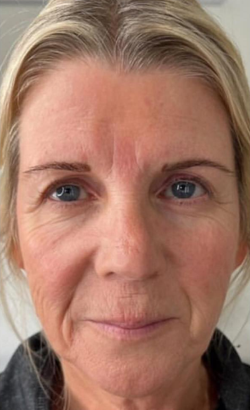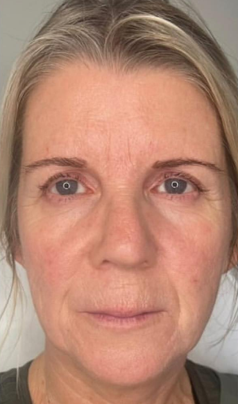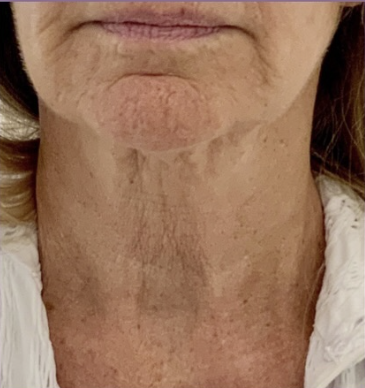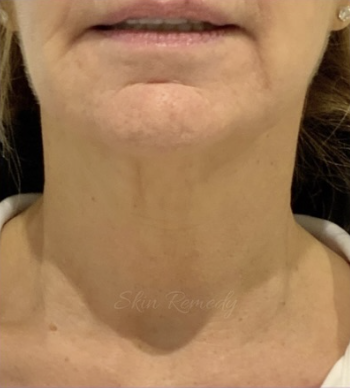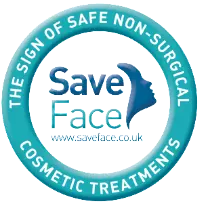Overview
Profhilo is made from hyaluronic acid, a naturally occurring sugar chain molecule found in skin and throughout the body, identical across species. Hyaluronic acid attracts and binds water in the skin, providing volume and hydration, but also ‘cushions’ and supports collagen and elastin fibres and also provides a medium, or carrier, for the efficient transport of chemical messages between the cells. Profhilo contains a high concentration of hyaluronic acid, exceptionally pure because its unique and patented manufacturing process does not involve the use of chemical cross-linking agents to bind the chains.


